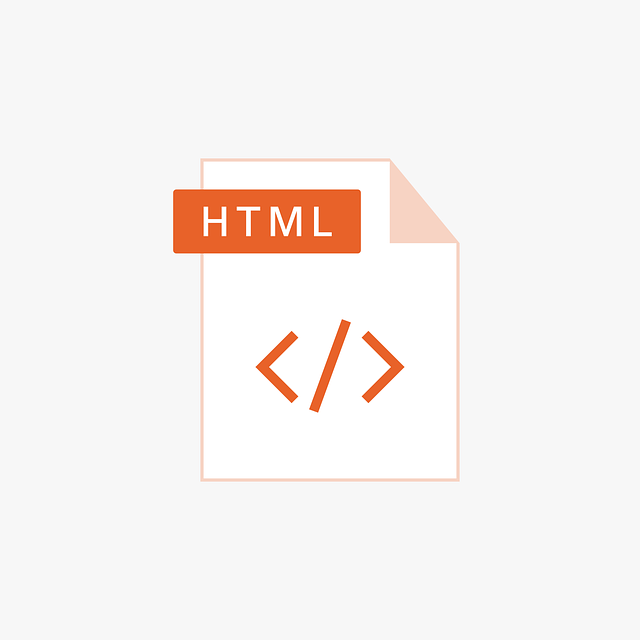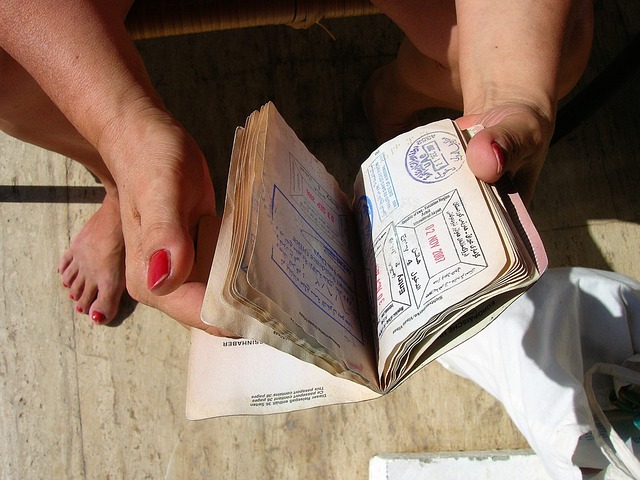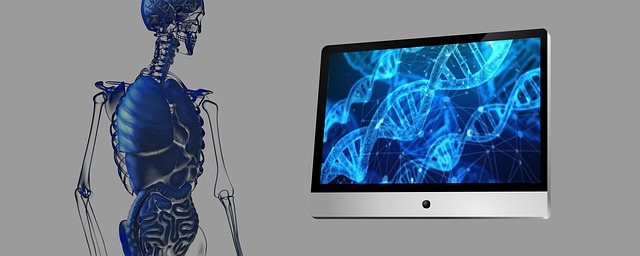In today's global research landscape, Translation Services for UK Research and Development (R&D) Documents are essential for fostering international collaboration, accelerating innovation, and enabling effective knowledge exchange. These services bridge linguistic barriers by accurately translating complex scientific and technical terminology, preserving the original intent of R&D reports. With specialized linguists and advanced technologies, they ensure accurate, culturally sensitive, and legally compliant translations, facilitating global dissemination of UK R&D findings while maintaining data integrity.
In the dynamic landscape of UK research and development (R&D), effective communication is paramount. Yet, language barriers pose significant challenges to the seamless exchange of knowledge and ideas. This article delves into the critical importance of accurate translation in UK R&D reports, exploring both traditional and emerging approaches. From understanding key challenges to leveraging professional translation services and adopting best practices, we uncover strategies to enhance cross-cultural collaboration. Discover how these methods foster innovation while ensuring legal and ethical considerations for optimal document translation in R&D.
- Understanding the Importance of Accurate Translation in UK R&D Reports
- Challenges in Translating Research Documentation
- The Role of Professional Translation Services
- Ensuring Quality: Translation Process for Scientific Texts
- Common Language Barriers and Their Impact on R&D Communication
- Best Practices for Effective Translation of Technical Reports
- Choosing the Right Translator: Considerations for R&D Teams
- Case Studies: Successful Translations in UK Research Institutions
- Legal and Ethical Aspects of Document Translation in R&D
- Future Trends: Technology Enhancing Translation Services
Understanding the Importance of Accurate Translation in UK R&D Reports

In the realm of UK Research and Development (R&D), where ideas and innovations are the lifeblood of progress, accurate documentation is paramount. However, the global nature of collaboration and competition means that R&D reports must often transcend linguistic barriers. This is where translation services for UK Research and Development Documents step in as a vital component, ensuring that knowledge, discoveries, and technological advancements can be effectively communicated worldwide.
The significance of precise translation cannot be overstated, especially when dealing with technical and scientific literature. Inaccurate translations could lead to misunderstandings, misinterpretations, or even potential risks associated with miscommunicated research methodologies and findings. Therefore, employing professional translation services specialized in R&D documentation ensures that the integrity of the original content is preserved while making it accessible to a global audience, fostering collaboration, and advancing innovation on an international scale.
Challenges in Translating Research Documentation

Translating research documentation presents a unique set of challenges, especially when it comes to UK R&D reports. The intricate nature of scientific and technical terminology often requires specialized knowledge to ensure accuracy. Professional translation services for UK Research and Development Documents must possess linguists who are not only fluent in both languages but also have a strong background in the specific field. This expertise is crucial to convey complex ideas, concepts, and methodologies without losing nuance or precision.
Additionally, cultural differences play a significant role in translation. What might be a straightforward term in one language could have multiple interpretations or no direct equivalent in another. Translators must navigate these complexities to maintain the integrity of the original content. Effective translation services also involve adapting documentation for different audiences, ensuring that technical details are accessible without oversimplifying or losing scientific rigor.
The Role of Professional Translation Services

In the realm of UK Research and Development (R&D), clear and precise communication is paramount, especially when sharing findings with global audiences. This is where professional translation services play a pivotal role in ensuring that R&D documents are accurately rendered from one language to another. With the growing need for international collaboration and knowledge exchange, these services have become indispensable tools for researchers and organizations alike.
Professional translators specialize in scientific and technical terminology, enabling them to translate complex concepts and data accurately. They not only bridge linguistic gaps but also grasp the nuances of different disciplines, ensuring that the original intent and meaning are preserved. This is particularly crucial when dealing with R&D reports, which often contain specialized jargon and intricate methodologies. By leveraging these services, researchers can guarantee that their work reaches a wider audience, fostering global collaboration and the advancement of scientific knowledge.
Ensuring Quality: Translation Process for Scientific Texts

Ensuring high-quality translations for UK R&D reports is paramount to maintaining accuracy and integrity in scientific communication. The process involves several critical steps to guarantee that complex technical information is conveyed precisely. Professional translation services dedicated to research documents employ language experts with specialized knowledge in science and technology.
These translators carefully analyze the source material, understanding its context and nuances. They then employ advanced tools and methodologies, including machine translation software fine-tuned for scientific terminology, followed by rigorous human review. This dual approach ensures that technical terms are rendered accurately, research findings are conveyed clearly, and the overall meaning of the report remains intact. The result is a translated document that facilitates global collaboration and knowledge exchange within the R&D community.
Common Language Barriers and Their Impact on R&D Communication

In the realm of UK Research and Development (R&D), effective communication is paramount, especially when sharing insights and collaborating across diverse teams. However, language barriers can pose significant challenges, hindering the seamless exchange of critical information. When it comes to R&D reports, these barriers are more than just grammatical differences; they encompass cultural nuances and technical terminologies that require precise translation.
Common language barriers often manifest as misunderstandings, misinterpretations, or even delays in project progression. For instance, a report on cutting-edge nanotechnology might use specialized terminology that not all team members are familiar with. Accurate translation services for UK R&D documents play a pivotal role in overcoming these hurdles. Professional translators who specialize in scientific and technical fields ensure that complex ideas are conveyed precisely, fostering better collaboration and faster innovation within the R&D landscape.
Best Practices for Effective Translation of Technical Reports

When translating UK R&D reports, adherence to best practices ensures accuracy and clarity in communication. Firstly, engaging professional translation services specialised in scientific and technical documentation is paramount. These experts possess the knowledge and tools to handle complex terminology and industry-specific language. They also understand the importance of preserving the original meaning and intent behind each phrase, which can significantly impact understanding in a technical field.
Additionally, providing comprehensive source materials, including glossaries, style guides, and any relevant reference documents, enhances the translation process. This enables translators to render terms consistently throughout the report. Regular feedback loops between the client and translators are also vital to address any queries or nuances, ensuring the final document accurately reflects the source content.
Choosing the Right Translator: Considerations for R&D Teams

When it comes to translating UK R&D reports, selecting the ideal translator is a strategic decision that can significantly impact the accuracy and quality of the final document. Research and development teams should consider several factors to ensure seamless communication across languages. Firstly, expertise in scientific or technical translation is paramount. Look for translators with a proven track record in handling complex research documents, ensuring they possess the necessary knowledge and terminology specific to your field.
Secondly, cultural sensitivity is often overlooked but vital. Different countries have varying idiomatic expressions and language nuances; a skilled translator will adapt your content while preserving its original intent and meaning. Additionally, considering the target audience and their linguistic preferences can enhance readability and comprehension. Choosing a translation service that offers native-speaker reviewers can help catch subtle errors and ensure the translated report flows naturally in the target language, making it an invaluable asset for effective communication of UK R&D findings.
Case Studies: Successful Translations in UK Research Institutions

In the realm of UK R&D, effective communication through translated documents is paramount. Case studies from leading research institutions highlight successful translations, demonstrating the impact of professional translation services for their UK Research and Development (R&D) documents. These institutions have navigated the complex landscape of international collaboration by leveraging high-quality translation services, ensuring that their research findings reach a global audience.
By engaging specialized translators with deep subject matter expertise in scientific fields, these institutions have achieved accurate and contextually appropriate translations. This has facilitated seamless knowledge exchange, fostering partnerships and advancing groundbreaking research outcomes. The success stories underscore the importance of investing in professional translation for UK R&D reports, ultimately enhancing global reach and impact.
Legal and Ethical Aspects of Document Translation in R&D

The translation of UK R&D reports is a complex process, especially with the legal and ethical considerations involved in scientific documentation. When translating research papers or technical manuals, accuracy is paramount to ensure the integrity of data and findings. Translation services for UK Research and Development (R&D) documents must adhere to strict standards to maintain the original meaning and purpose. This includes not just linguistic precision but also understanding the specialized terminology and methods used within various scientific fields.
Ethical translation requires a deep respect for intellectual property rights, confidentiality agreements, and data privacy regulations such as GDPR. Translators working with R&D documents should be bound by non-disclosure agreements to safeguard sensitive information shared in research collaborations. Moreover, they must ensure that translations do not introduce any biases or misinterpretations that could impact the validity of the research, thereby upholding the highest standards of professionalism and integrity in scientific communication.
Future Trends: Technology Enhancing Translation Services

The future of translation services for UK R&D documents looks set to be shaped by technological advancements, promising enhanced efficiency and accuracy. Machine translation (MT) tools have made significant strides in recent years, with neural machine translation models offering more natural-sounding translations than ever before. These breakthroughs mean that complex research terminology can now be handled with greater precision, making the process faster and more cost-effective for organizations handling a high volume of UK R&D documents.
Furthermore, the integration of artificial intelligence (AI) and machine learning (ML) algorithms is set to revolutionize translation workflows. AI-powered systems can learn from vast datasets, improving their performance over time and ensuring that they stay up-to-date with evolving scientific language. This will be particularly beneficial for specialized domains like R&D, where terminology and concepts evolve rapidly. By leveraging these technologies, translation services providers can offer more personalized and contextually relevant translations, ensuring that UK R&D reports are accurately conveyed to global audiences.
In conclusion, effective communication through accurate translation is vital for the success of UK Research and Development (R&D) reports. The article has explored various aspects, from understanding the importance of precise language to future trends in technology-driven translation services. Professional translation plays a pivotal role in overcoming language barriers, ensuring knowledge exchange, and facilitating international collaboration within R&D communities. By adopting best practices and choosing suitable translators, research institutions can enhance their global impact and contribute to scientific advancement through seamless cross-language communication.
